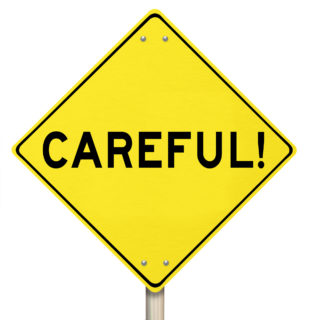
08 Feb State Crackdowns Against CBD Products Have Begun

Earlier this year, the Food and Drug Administration (“FDA”) began seizing various cannabidiol (“CBD”) products from store shelves. These enforcement actions reflected the implementation of the agency’s position that CBD, regardless of the source from which it is derived, cannot be lawfully sold for human consumption.
A few states, including states that have adopted industrial hemp pilot research programs under the 2014 Farm Bill, now seem to have embraced this FDA position by banning certain CBD-infused products from local stores.
Last Friday, several New York restaurants, bakeries, and bars were forced to stop selling CBD-infused foods and drinks. Officials with the New York City Department of Health confiscated those products, marking them as “embargoed.” The embargo process consists of identifying, itemizing and removing products. The Department has yet to issue a public statement or to provide further information on these actions, but it appears that state health inspectors explained to the affected business owners that CBD could not be used as a “food additive”.
This argument was similar to that used by the Maine Department of Health and Human Services (“DHHS”). Earlier last week, Maine health authorities began notifying businesses that they were required to remove all CBD-infused foods, tinctures, and capsules from their shelves. Relying on an internal report by the state Attorney General’s Office, which concluded that CBD could not be used in mass-market food until Maine’s hemp pilot program receives federal approval pursuant to the 2018 Farm Bill, the Maine DHHS determined that CBD was an unapproved food additive that the FDA does not recognize as safe.
Section 201(s) of the Food, Drug, and Cosmetic Act (“FD&C Act”) defines “food additive” to encompass any substance that may reasonably be expected to directly or indirectly affect or become part of a food. Until a food additive is tested and reveals to be safe for its intended use, it is deemed unsafe. A food additive is considered safe if there is a reasonable certainty in the minds of competent scientists that a substance is not harmful under its intended use and condition. If a food additive is added to a food prior to FDA approval, its presence renders the food adulterated and subject to enforcement action.
Because the FDA has yet to approve CBD as a food additive, is it accurate that Hemp-CBD products, particularly edibles and infused drinks, would be deemed unsafe under the FD&C Act.
Although the state health authorities embargoed CBD edibles and other CBD products used for human consumption, they told affected business owners that they could continue selling CBD products that “could be smoked, vaped, worn as a patch or applied as lotion.” This is because cosmetics and smokable products are subject to less onerous FDA regulations than foods and dietary supplements. Nevertheless, this is all likely to change because the FDA will undoubtedly release a plan to regulate Hemp-CBD products soon.
These recent enforcement actions in places like New York and Maine threaten to spook this fast-growing industry and should remind industry players that business and legal considerations surrounding the sale of Hemp-CBD products are in a constant state of flux.
We will continue to monitor this issue and update you on other states CBD enforcement actions. Until then, don’t hesitate to contact our offices for additional information on the legal status of state and federal Hemp-CBD law and policy.


Sorry, the comment form is closed at this time.